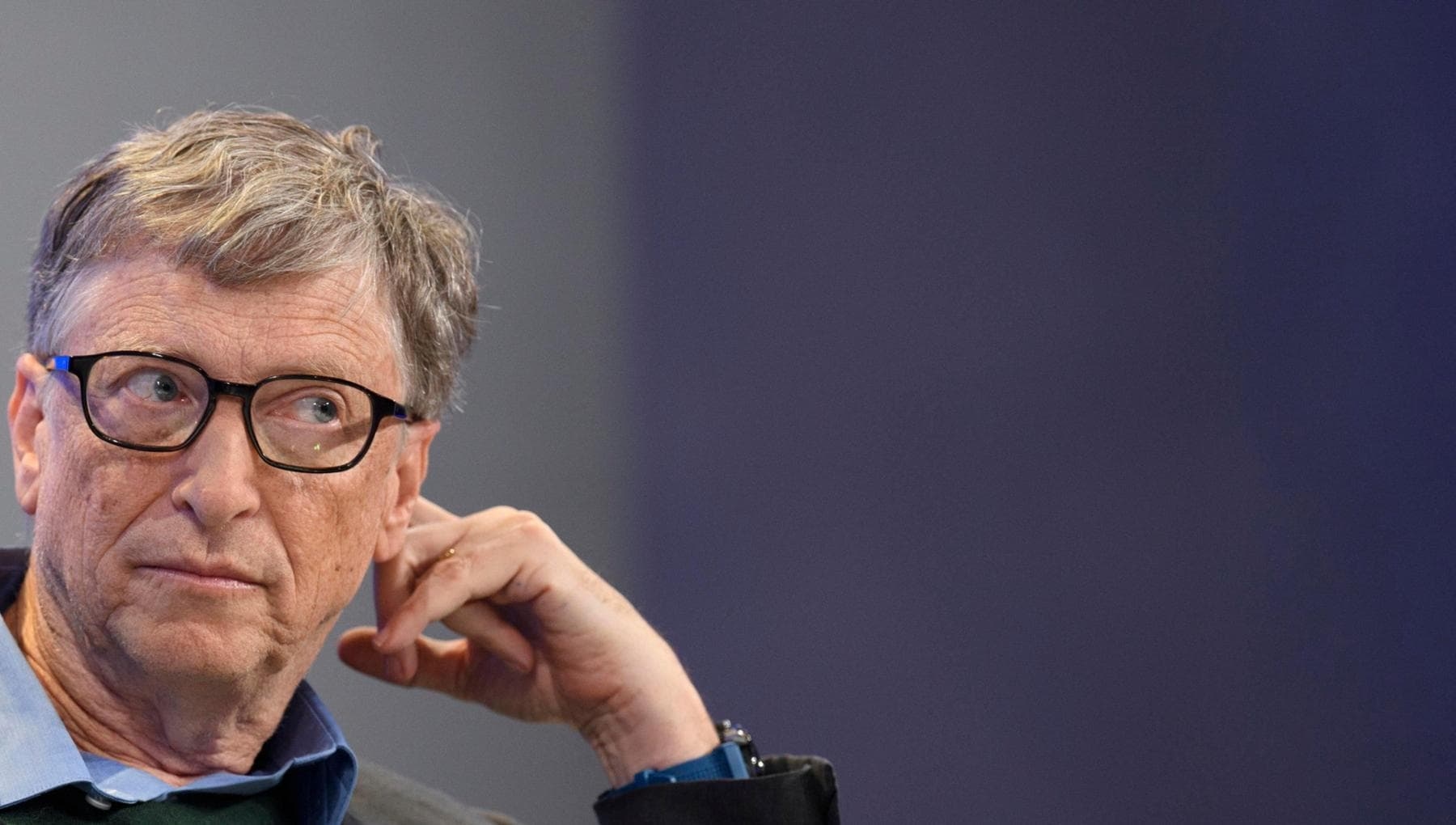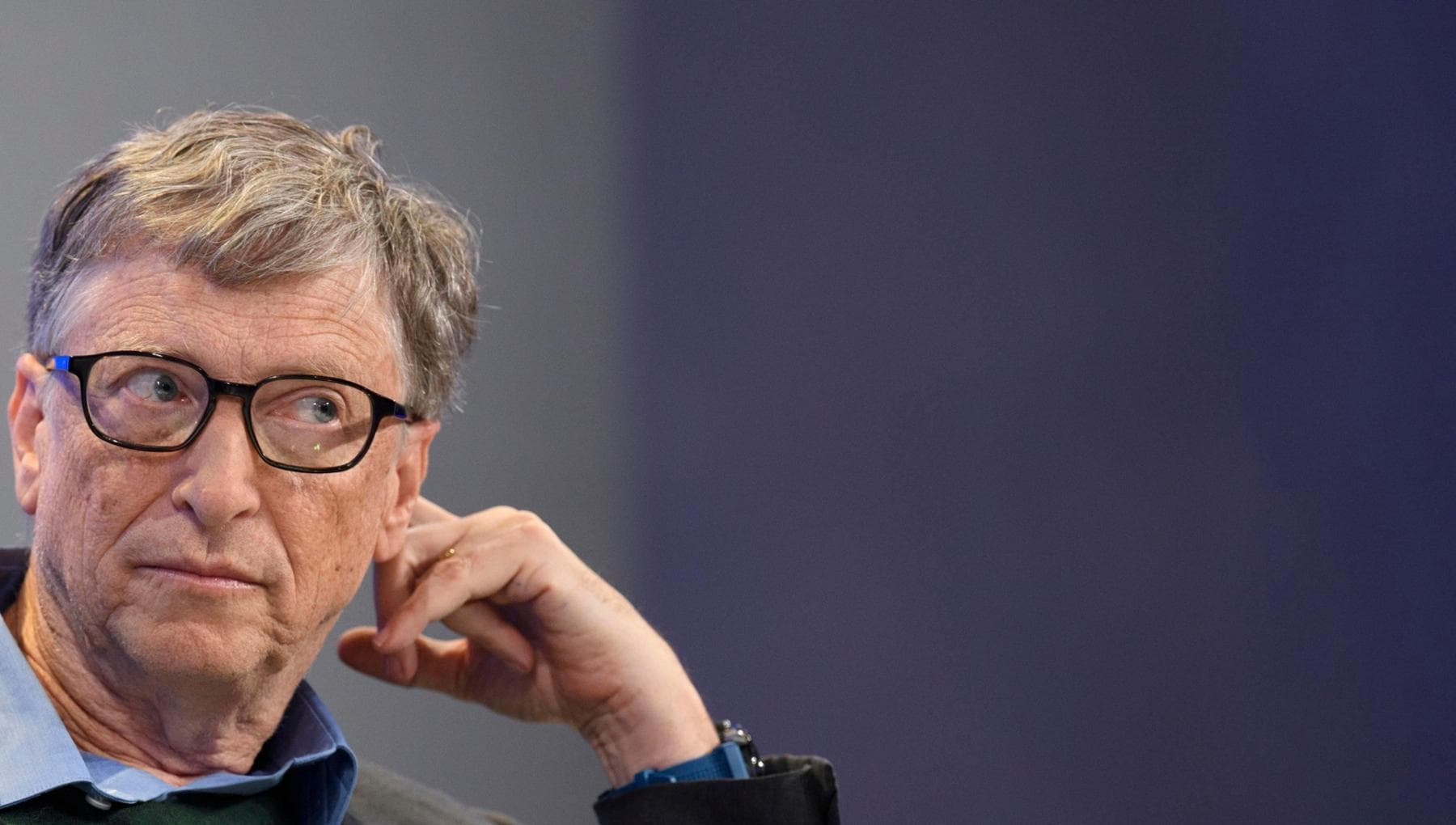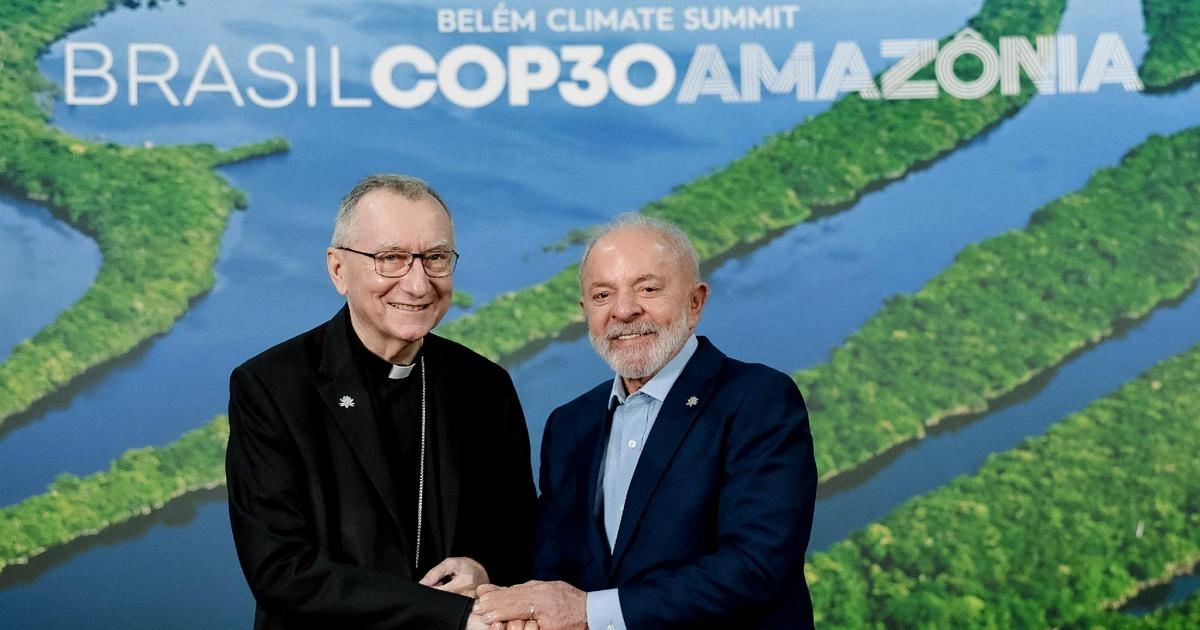Scientists slam Bill Gates: "His climate memo is dangerous."

“Scientists furious over Bill Gates ' climate memo.” “Scientists criticize the straw man arguments in Bill Gates' climate memo.” “Why Bill Gates' climate memo is being celebrated by skeptics while frustrating scientists.” These are just some of the headlines that the international press has dedicated to the controversy that erupted after last week the founder of Microsoft , one of the richest people in the world, and also among those most involved in financial aid operations for poor countries, released a 17-page document in which he appears to radically change his mind on the climate crisis .
After championing (and funding) initiatives aimed at reducing greenhouse gas emissions, Gates now writes: “Climate change is a serious problem, but it won't spell the end of civilization… Scientific innovation will stem it, and the time has come for a 'strategic shift' in the global fight against climate change: from limiting temperature increases to fighting poverty and preventing disease.” Naturally, deniers (both real and convenient) have seized the opportunity, starting with US President Donald Trump : “I (WE!) just won the war on the climate change hoax. Bill Gates finally admitted he was completely WRONG about this,” he wrote. A post that angered Gates himself: “Your memo is a massive misinterpretation.” But many climate scientists must have also misinterpreted it, and, a few days late, they are contesting the words of the multi-billionaire and benefactor.
Scientists' main fear is that, coming just hours before the start of COP30 , already weakened by the White House's defection, the "climate about-face" of such a wealthy and influential man could turn into a "narrative grenade," as Ryan M. Katz-Rosene , professor of geopolitics and environment at the University of Ottawa, described it in The Conversation . A bomb capable of shattering the consensus painstakingly forged among the public and some political forces on the urgency of countering rising temperatures.
Some have analyzed Gates's text word for word. And, according to many experts, there are no glaring technical errors in the description of what is happening. Even so, the memo appears to downplay the severity of global warming observed to date, predicting a rise in global temperatures of up to 2.9°C above pre-industrial levels, a figure considered far too optimistic by some in the scientific community. But the former Microsoft boss is also accused of placing too much faith in technologies still in the experimental and often controversial stages, such as small modular reactors , carbon capture and storage , and geoengineering . According to Michael Mann, the dean of US climatologists, this focus on "technological solutions for the climate... will lead us down a dangerous path," because such approaches can distract attention from mitigation strategies that have already proven to work and will be used as an excuse to continue burning fossil fuels.
Finally, perhaps the key issue: competing with the fight against the climate crisis and the fight against poverty and hunger . According to Gates, since global warming "will not lead to the extinction of humanity," energy and money must be diverted to the health and food emergencies afflicting the global South. The objection is that the two interventions (on climate and poverty) should not be presented as alternatives. And above all, that the effects of climate change, if not mitigated, will make the poor even poorer and hungrier. Ultimately, this confirms that "climate scientists continue and will continue to face the difficult task of communicating climate risk, urgency, and uncertainty, in a political context unsympathetic to nuance and complexity," writes Professor Katz-Rosene. "Bill Gates' memo doesn't change the science. But it reveals how context-sensitive climate policy is. And how the same message can become a weapon used to pursue very different objectives."
La Repubblica





